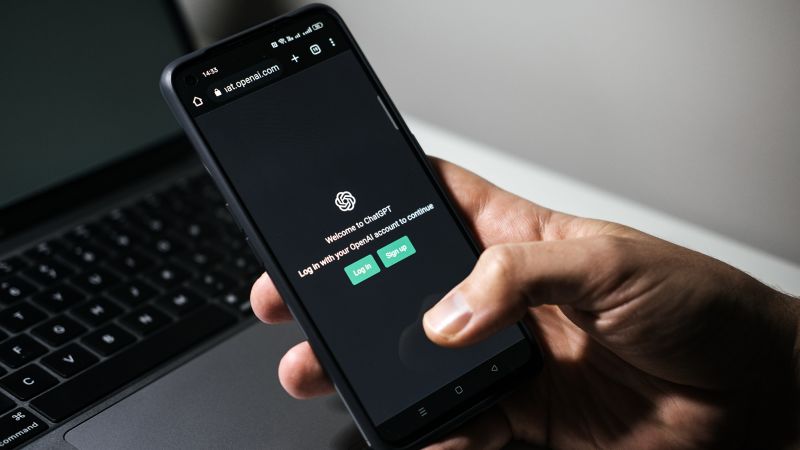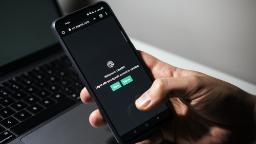

CNN
—
Nearly four months after OpenAI stunned the tech industry with ChatGPT, the company is releasing its next-generation version of the technology that powers the viral chatbot tool.
In a blog post on Tuesday, OpenAI unveiled GPT-4, which the company says is capable of performing well on a range of standardized tests and is also less likely to “go off the guardrails” with its responses, as some users have previously experienced.
OpenAI said the updated technology passed a simulated law school bar exam with a score around the top 10% of test takers; by contrast, the prior version, GPT-3.5, scored around the bottom 10%. GPT-4 can also read, analyze or generate up to 25,000 words of text, and write code in all major programming languages, according to the company.
OpenAI described the update as the “latest milestone” for the company. Although it is still “less capable” than humans in many real-world scenarios, it exhibits “human-level performance on various professional and academic benchmarks,” according to the company.
GPT-4 is the latest version of OpenAI’s large language model, which is trained on vast amounts of online data to generate compelling responses to user prompts. The updated version, which is now available via a waitlist, is already making its way into some third-party products, including Microsoft’s AI-powered Bing.
“We are happy to confirm that the new Bing is running on GPT-4, which we’ve customized for search,” Microsoft said on Tuesday. “If you’ve used the new Bing preview at any time in the last five weeks, you’ve already experienced an early version of this powerful model.”
While ChatGPT has impressed many users with its ability to generate original essays, stories and song lyrics in response to user prompts since its November 2022 launch, it has also raised some concerns. AI chatbots, including tools from Microsoft and Google, have been called out in recent weeks for being emotionally reactive, making factual errors and engaging in outright “hallucinations,” as the industry calls it.
GPT-4 has similar limitations as earlier GPT models. “It is still flawed, still limited, and it still seems more impressive on first use than it does after you spend more time with it,” Sam Altman, CEO of OpenAI, wrote in a series of tweets Tuesday announcing the update.
But there are noticeable improvements, he said. “It is more creative than previous models, it hallucinates significantly less, and it is less biased,” he wrote.
Still, the company said, “great care should be taken when using language model outputs, particularly in high-stakes contexts.”
The news comes two weeks after OpenAI announced it is opening up access to its ChatGPT tool to third-party businesses, paving the way for the chatbot to be integrated into numerous apps and services.
Instacart, Snap and tutor app Quizlet are among the early partners experimenting with the tool. In January, Microsoft confirmed it is making a “multibillion dollar” investment in OpenAI and has since rolled out the technology to some of its products, including its search engine Bing.
